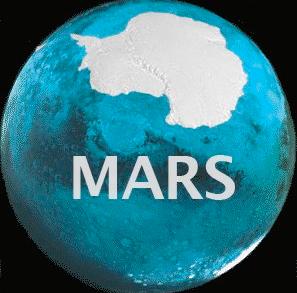This week, we will be hosting a hands-on workshop to push the mARS project further, with Alison Murray (Desert Research Institute), Anton Van de Putte and Nabil Youdjou (biodiversity.aq project)
The Microbial Antarctic Resources System (mARS) is envisioned as an information system dedicated to facilitate the discovery, access and analysis of geo-referenced, molecular microbial diversity (meta)data generated by Antarctic researchers, in an Open fashion. The scope of diversity will encompass all freel-living and host-associated virus, Bacteria, Archaea, and singled-celled Eukarya.
mARS focuses on past, present and future works. It offers a community-driven platform for scientists to publish, document, analyse and share their (meta)data with the broad community for science, conservation and management purposes, in the spirit of the Antarctic Treaty.
mARS is composed of interoperable modules, iteratively building the microbial component of the biodiversity.aq network.
To the best extent possible, the wishes of the community regarding mARS functionalities will be reflected in the flexibility and scalability of the system. Feedback is expected from the users community in order to align their needs and the functionalities of mARS.
This week, we will try to get through Step 3 of the mARS system and prepare for Step 4 once we have enough data in mARS to make it worthwhile.
mARS steps include:
1. Data description and discovery
2: Habitat and Microbial Sequence Metadata Entry (MiMARKS Data Standard; Microbial_Sequence_Set_Template)
3: Georeferenced-molecular sequence database integration
4: Processing batch sequence data –Circum-Antarctic microbial diversity
You can find more on the mARS white paper page.

